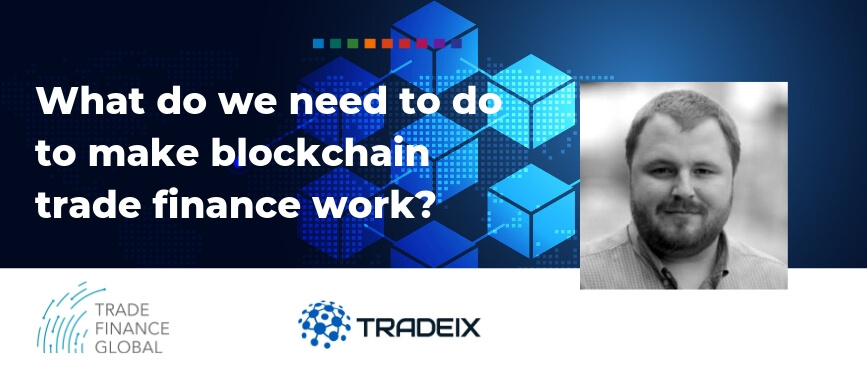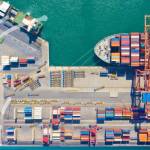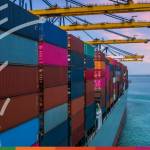The Universal Trade Network (UTN), a project initially aimed to allow for interoperability between many of the blockchain and non-blockchain consortia and networks has been renamed and adopted by the International Chamber of Commerce (ICC).
Announced this week after at Sibos, TFG reports on why this initiative has been taken over by the ICC and what happens next.
Initially born out of the founders of the Marco Polo Network, which is supported and built by the technology companies TradeIX and R3, the UTN was announced in October last year, with the ambition of driving standardisation and enabling interoperability between other consortia such as we.trade, VAKT and Voltron.
The UTN was often described as the ‘network of networks’, also similar to the ‘Trade Information Network’ a non-DLT consortia aimed at driving standards between different banks within trade finance.
Digital Standards Initiative – What’s Next?
The next stages of the Digital Standards Initiative (DSI) is to discuss the accelerated path for going live and establishing an official body / working group within the ICC.
Dave Sutter, Chief Strategy Officer at TradeIX said: “What started as a 4-page PowerPoint made on an Airbus has now come under the International Chamber of Commerce (ICC) and involves a broad swath of our industry. Under the ICC the UTN will be renamed the Digital Standards Initiative (DSI). Our mission is to foster and maintain standards-based interoperability in global trade.

“Standards based interoperability is essential for creating truly digital and connected global ecosystems. We’ve seen standards based interoperability transform society many times before – in mobile (GSM/CDMA), electronic communication (SMTP), and the internet itself (TCP/IP, HTTP).
“However, in the case of global trade, we have not. The absence of standards based interoperability has created deeply entrenched digital silos, introducing an unquantifiable amount of cost, friction, and risk into global trade and placing hard limits on how, where, when, and why we conduct and finance global trade- restricting the economies and business which need such services, support, and financing the most.”




























